Metal Detecting for Jewelry and Coins
Metal Detecting for Jewelry and coins are the two most common items found with metal detectors. There is an abundance of lost jewelry out there waiting to be found. Items from gold and platinum rings to silver bracelets, to diamond rings are all buried out there.
Metal detecting for jewelry is a great hobby! Lost jewelry can be found in many different locations. Almost all metal detectors will detect gold, silver, platinum, and bronze. Even if the jewelry you find is old, it can still be worth money. Plus, you can always start a collection or sell unique jewelry you find!
Every successful metal detecting trip starts with a good plan. Choose your location, equipment, and supplies so you’re not hunting for a place to detect instead of hunting for loot! Planning your trip will save you time, gas, and frustration, and you will enjoy your trip more! Part of proper planning involves making sure you have the right detector by your side.
Research your local area or chosen search area to get a good idea of where you should be looking. There are many places where lost jewelry can be found, so do some research to ensure you know where to go to find success.
Most metal detectors are designed to find gold, silver, platinum and bronze. There are, however, different types of machines. Very low frequency VLF metal detectors are the most common.
VLF detectors are the most common detectors out there and very easy to use. If you are searching in an area with highly mineralized soil or saltwater, these detectors may not work as well as a PI machine. Saltwater is highly conductive and can cause the metal detector to malfunction.
Some VLF models have manual or automatic ground balancing, which helps tremendously in these soil conditions. If you will be searching these areas, and want a VLF machine, be sure it has good ground balancing.
VLF machines work well in freshwater areas, so long as the search coil is waterproof. Some models are fully submersible. Most VLF detectors also have specific settings for jewelry, so it will automatically discriminate iron targets out.
PI metal detectors typically search deeper than VLF machines and are much better in highly mineralized soils and saltwater beach areas. PI detectors more expensive than VLF machines. If you will be searching a saltwater beach, one of the best areas to find lost jewelry, a PI machine will work very well.
PI machines are typically used by more experienced detectorists, but there are machines that work well for more intermediate detectorists.
Some metal detectors have interchangeable search coils. Larger search coils will find larger targets at a deeper range, but smaller coils will fit into smaller spaces and operate smoother in highly mineralized soils. Concentric search coils search deeper than wide scan coils but will not discriminate the same. Research the best type of search coil for the area you will be searching.
You may want to take along a pinpointer when detecting for jewelry. Pinpointers are easier to get into small places. You also must dig a larger hole if you only have a full-sized metal detector.
Many pinpointers are waterproof and can be used at the beach. Most metal detectors have a pinpoint mode, but handheld models are easier to pinpoint your target.
Besides your detecting equipment, there are several accessories that will make your trip more successful. You will want good digging equipment. I recommend a good metal detecting shovel and a good hand trowel. You don’t want to skimp on these accessories, as cheaper products will eventually break.
A backpack to carry your smaller gear and accessories, as well as supplies is recommended. I also like to take a separate finds pouch to carry all my loot in. If you will be in an area known for a lot of trash, you will want a separate pouch or sack to carry out trash in. If you will be searching in wooded areas or areas with hard packed soil, you may want to wear gloves to keep your hands from scraping on rocks or hitting the ground.
Get yourself a handy pair of metal detecting headphones. They can help you hear faint signals, or signals hiding underneath larger iron targets. Most metal detectors have a headphone jack, while others come with Bluetooth connectivity.
When in populated areas you should wear headphones (or turn your volume down) so as not to bother others. When in areas like the woods, I don’t recommend headphones simply because you need to remain completely aware of your surroundings in these areas.
We always recommend taking along several extra batteries for your equipment. Some metal detectors have rechargeable batteries, but these models often have AA or 9-volt backup power supplies. Other detectors require AA or 9-volt batteries for all power.
If you are in a highly mineralized area (especially with a VLF detector) the minerals can cause your detector to act erratically. This drains the battery quicker and may reduce battery life. Always make sure you take at least one set of extra batteries for each item requiring them.
The best places to search for jewelry are beaches, rivers, camping/picnic sites, abandoned or old house sites, old travel routes, under bridges, and yards. You may even know of or stumble upon a ghost town! Some of these may require permission to hunt, so be sure you aren’t trespassing and that you have any permits you might need!
Beaches are one of the best places to search for jewelry. People often wear rings, watches, bracelets, necklaces and earrings while at the beach. They may take them off or lose them in the sand or water. That makes beaches a rich source of lost jewels!
To make it easier to search, grid the beach. Stay parallel to the water and step one or two feet away from the water line. This helps you cover as much ground as possible. Slightly overlap your previous search area to make sure any faint signals aren’t ignored.
Along the waterline is a good place to search. As the waves come in, they pound against the beach. Waves often carry items and sand, so something could be buried along the waterline.
Typically, items close to the soft, sandy surface of the beach are more recently lost. Older targets will be buried deeper due to the changing beachscape. If you are after older jewelry, you will likely be digging deeper. I recommend a sand scoop for beach digging, as it is difficult to dig a hole in sand!
Hunting after a rainstorm can increase your chances of finding jewelry. Wet ground is more conductive than dry ground, so you may find more treasure after a storm! Heavy rains can also move targets, so recheck areas you have already searched.
It is important to have good technique when sweeping with your metal detector. If you scan too quickly or have your search coil too far off the ground, you will not hear targets properly. Ground noise can be increased with this technique and mask targets. Always keep your search coil close to the ground, swing it side to side smoothly, and slightly overlap your sweeps.
Most detectorists don’t go on a hunt expecting to get rich. Although it is always a hope it is just not realistic. If you go into every metal detecting trip expecting to cash out at the end, you may be disappointed. Often, I come away with trash items and old iron items, rather than treasure. I choose to look at this as me helping to clean up the areas I hunt, and the iron items are neat little pieces of the area’s past.
It is important to be safe while you are metal detecting. Be aware of your surroundings always. It can be easy to ignore the world around you when you are focused on your metal detecting. While you do need to focus, you need to be wary of what is around you. If you are in the woods, keep an eye out for wildlife.
If you are in an area with abandoned buildings, watch for wells and unstable structures. On the beach, watch for glass and keep an eye on the weather. I like to bring along a small first aid kit, just in case. Always tell someone where you will be going. I like to take bug spray with me during the summer and fall months.

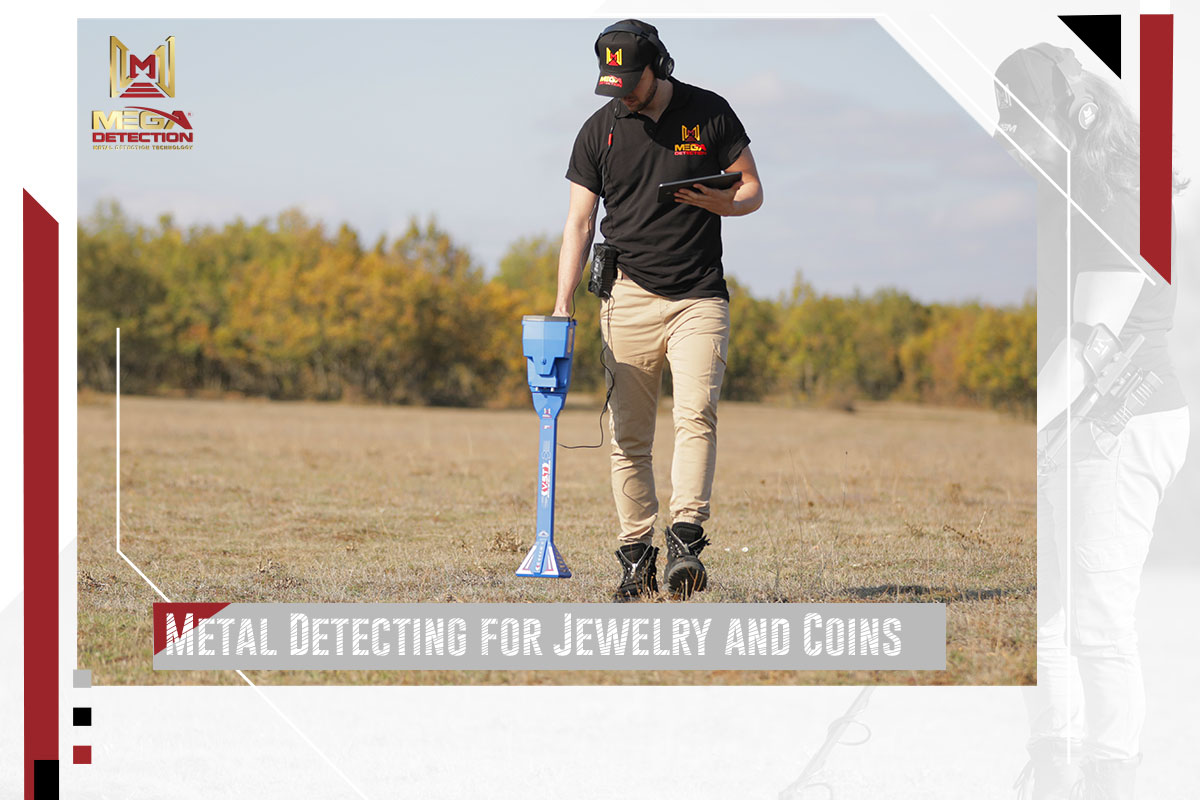
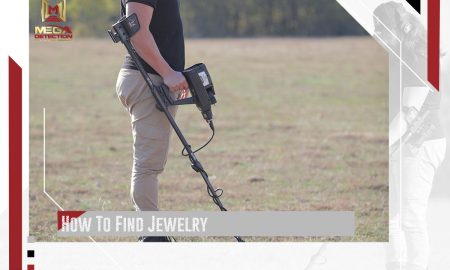
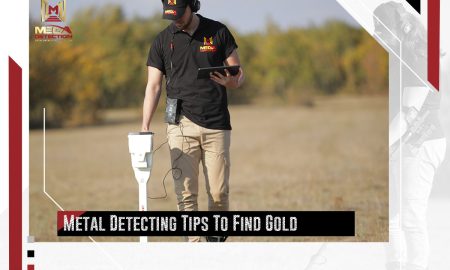
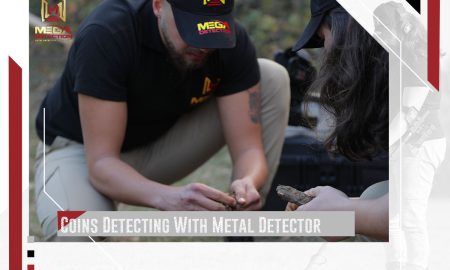

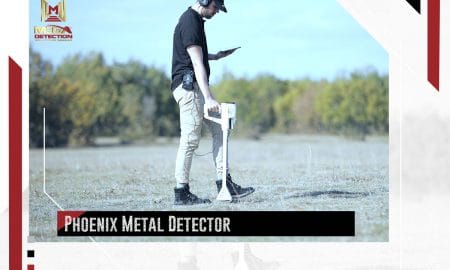
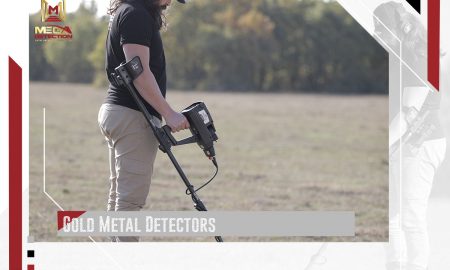

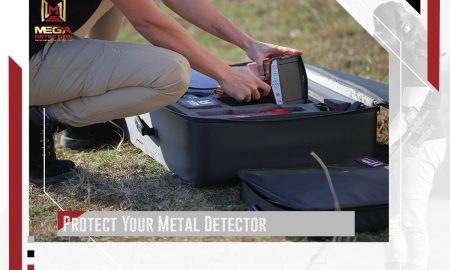
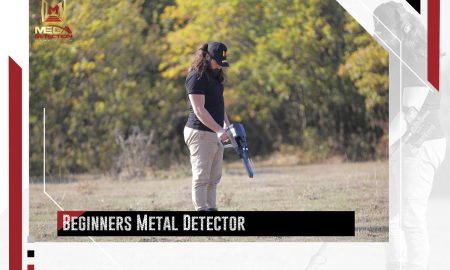

Leave a Reply